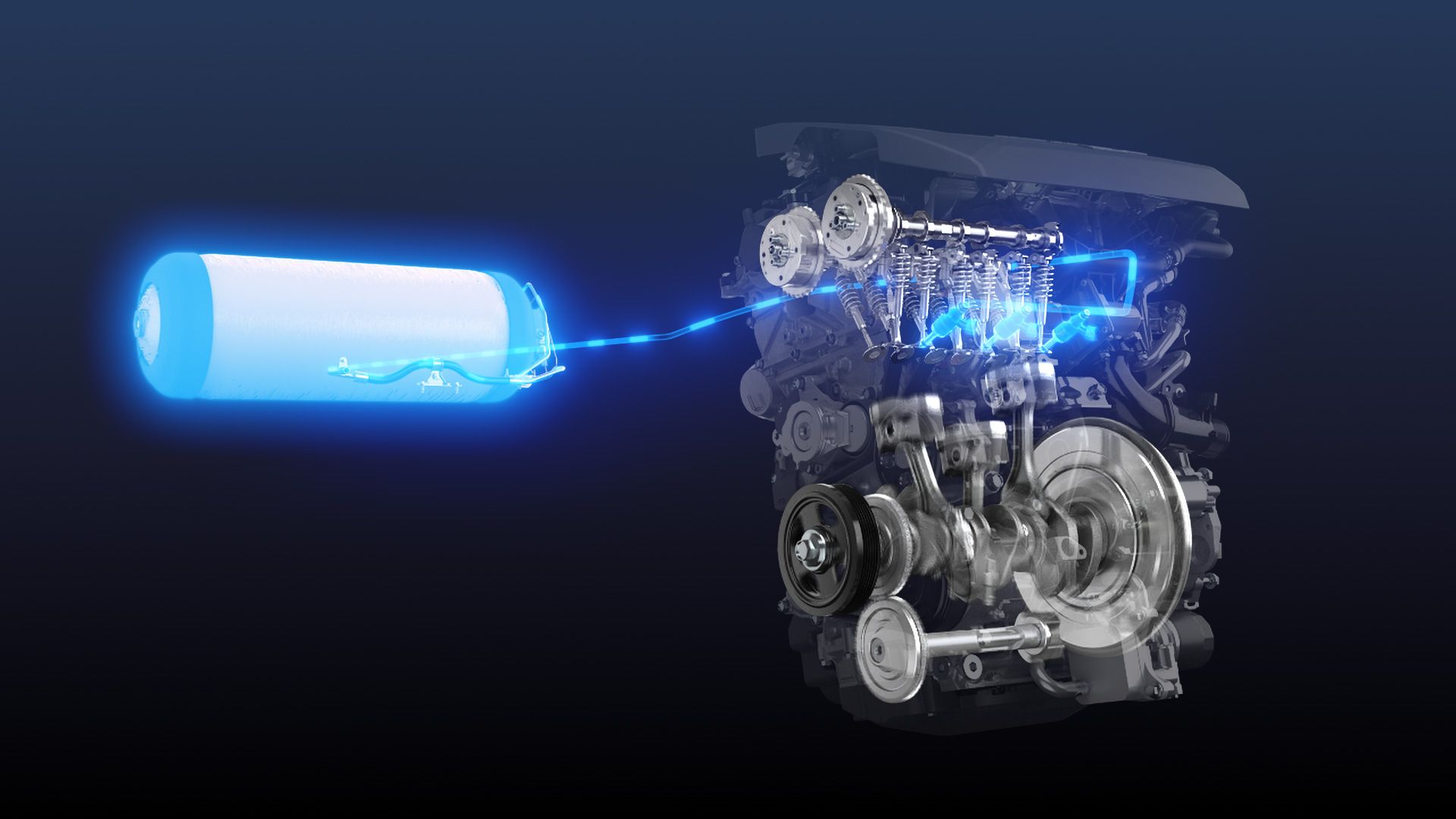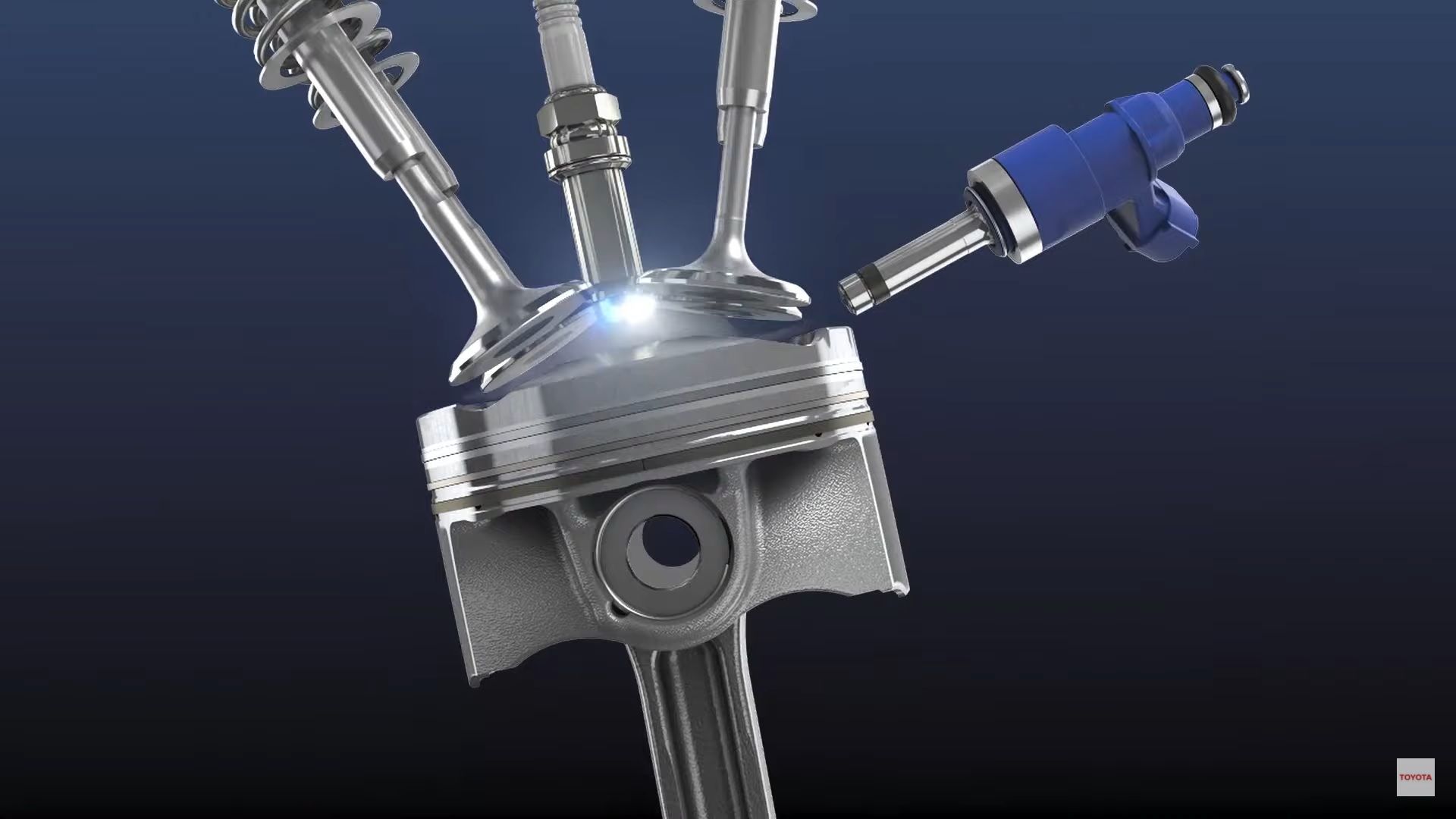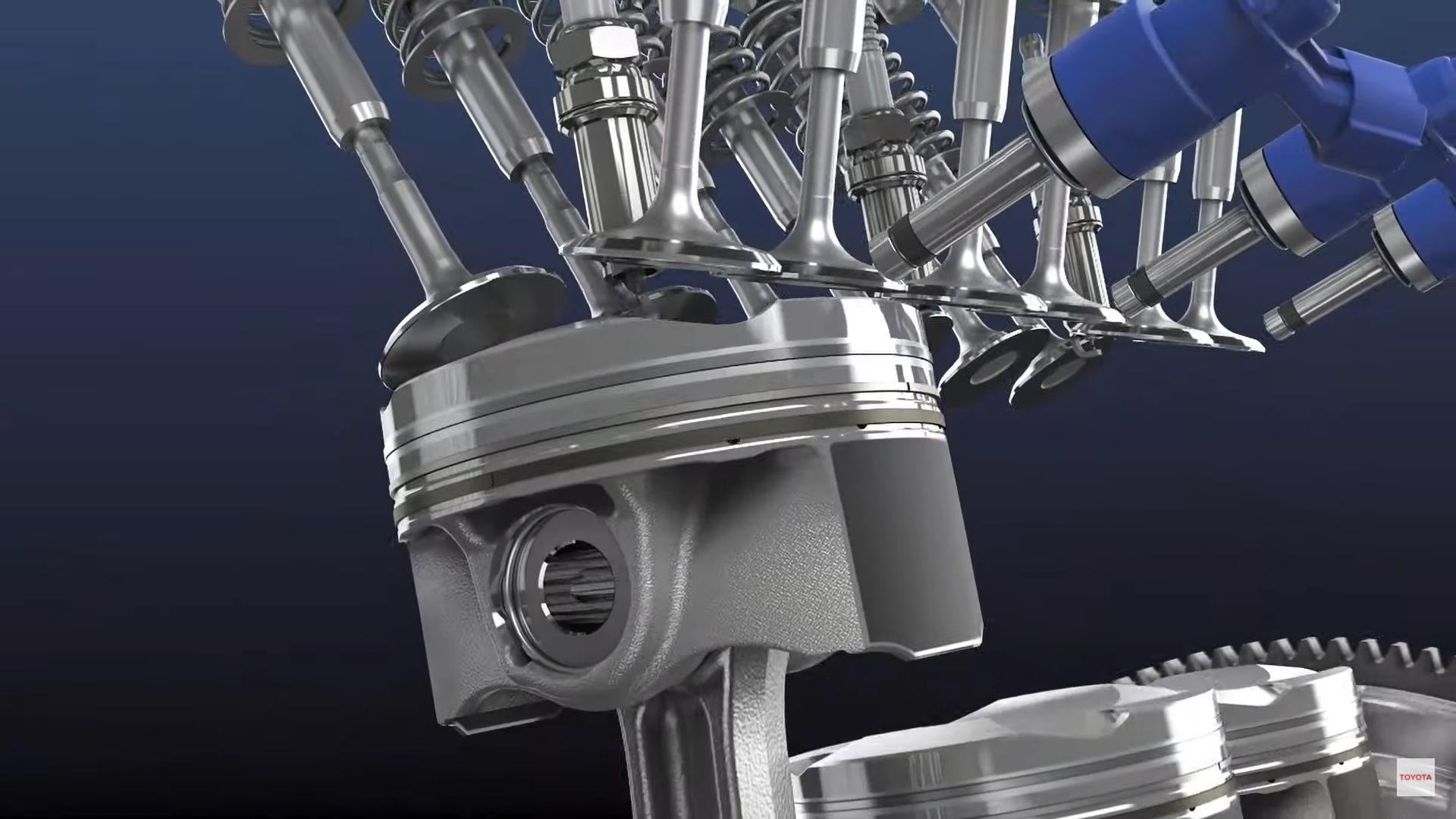Toyota has taken the engine from a Toyota GR Yaris and modified it to the extent that it burns hydrogen as opposed to gasoline – a strange move for a company that insists that cars like the Mirai that convert hydrogen to electricity will be the future. This engine is aimed at endurance racing first, but could eventually find its way into production road cars. This new development got me thinking: can hydrogen-powered engines delay the continuous shift to an EV only future?
What You Need to Know About Toyota’s New Hydrogen-Powered Engine
Toyota has converted the 1.6-liter, three-cylinder engine from the GR Yaris from a thirst for premium gasoline to a thirst for clean hydrogen. No details about performance have been revealed, but the plan is for this engine to survive endurance racing, so you can expect more than the current output of 257 Horsepower and 265 pound-feet of torque. The engine itself will be transplanted into a race car based on the new Corolla Sport and will first be used in the Super Taikyu endurance series in Japan starting on May 21, 2021.
According to Toyota and, well, science, the combustion of a hydrogen engine is faster than that of its gasoline-powered counterpart, ultimately leading to increased response and faster revving. The good news here is that the combustion of hydrogen doesn’t produce the CO2 that has basically lead world governments to force EVs on the car driving population. But, that doesn’t mean a hydrogen-powered engine is clean, and there’s a little more to it.
NOx Emissions Are Still A Byproduct of Hydrogen Combustion
While burning hydrogen in combustion engines doesn’t produce any CO2, it does produce NOx due to the higher flame temperature. This means that any car that is burning hydrogen will still emit at least some noxious gas that will have to be dealt with. And that’s where my argument comes into play….
Built for Hydrogen, Built For Clean Emissions
Toyota has said that it’s hoping to introduce a hydrogen engine into one of its road cars. It didn’t provide any other details, but it does explain its reasoning:
If Toyota can figure out how to capture and convert the NOx before it leaves the exhaust system, it’s entirely possible that the company could in fact produce an ICE-powered vehicle that emits no emissions whatsoever. If the engine is built to run on Hydrogen from the start, it’s certainly not outside the realm of possibility. And, before you go so far as to say that Porsche is trying something different, it’s not. Porsche is trying to develop a synthetic fuel that will be used in existing ICE-powered cars and will still pump out both CO2 and NOx, potentially at a reduced rate. That said, I wouldn’t expect to see a hydrogen-power engine land in the new GR Corolla that’s heading Stateside next year, but give it a few years, and we might get lucky.




